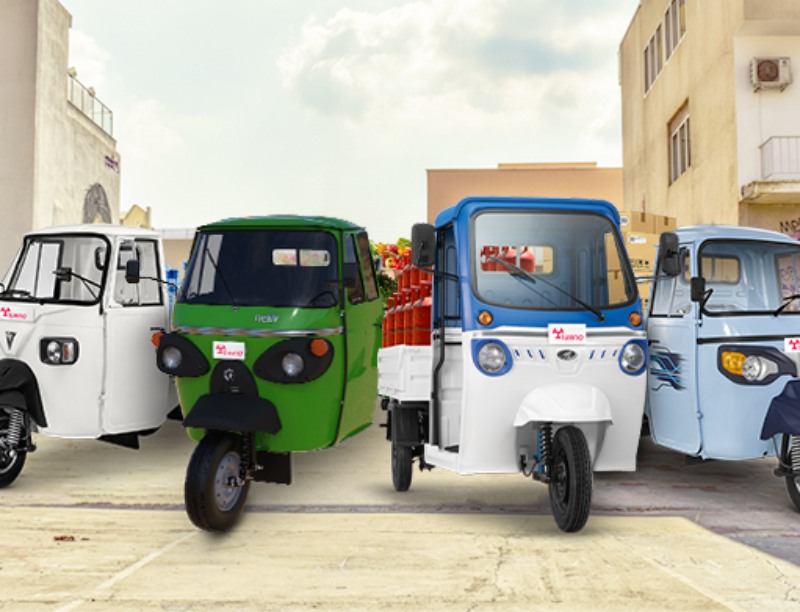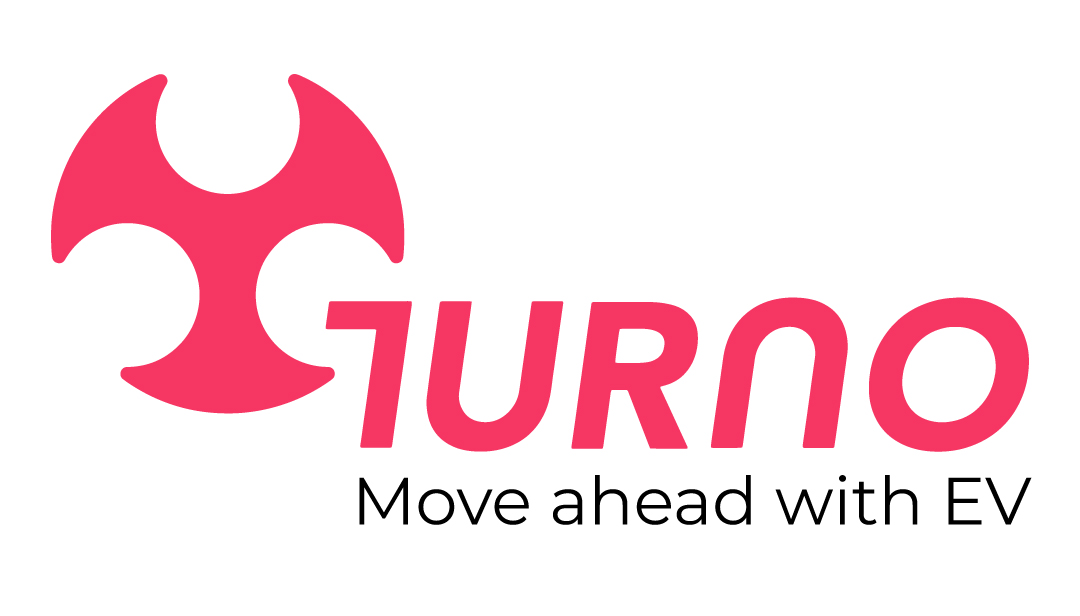Accelerating Three-Wheeler Cargo EV Adoption in Delhi: A Promising Future
As the global shift toward sustainable mobility gains momentum, the Indian capital city of Delhi has emerged as a frontrunner in promoting electric vehicles (EVs) as a viable mode of transportation. With its ambitious plans and progressive policies, Delhi aims to revolutionize its transportation landscape and reduce its carbon footprint. One particular area where Delhi has seen significant progress is in the adoption of three-wheeler cargo EVs. In this blog, we will explore the recent developments, policy initiatives, infrastructure enhancements, and how platforms like Turno are helping businesses transition to electric vehicles.

Expanding Charging Infrastructure:
One of the key challenges in promoting EV adoption is the availability of a robust charging infrastructure. Recognizing this, the Delhi government has taken proactive steps to address the issue. According to the Economic Times [^1], the city plans to install more EV charging stations, some of which will feature battery swapping facilities. This innovation allows EV owners, including businesses operating three-wheeler cargo EVs like Mahindra Zor, Piaggio Ape, and electric loading gadi, to quickly replace their discharged batteries with fully charged ones, eliminating the need for lengthy charging times. The integration of battery swapping facilities will not only enhance the convenience for three-wheeler cargo EV operators but also contribute to increased efficiency and reduced downtime.
Revised EV Policy and Incentives:
To further accelerate the adoption of EVs, the Delhi government has drafted a revised EV policy that focuses on extending targets and promoting private charging stations and heavy vehicle fleets [^2]. This comprehensive policy aims to create a favorable ecosystem for three-wheeler cargo EVs by incentivizing their purchase and operation. Businesses can take advantage of financial incentives, subsidies, and reduced road taxes for EV owners, making the transition to electric vehicles a financially attractive proposition. Moreover, the emphasis on private charging stations ensures that three-wheeler cargo EV operators have easy access to reliable charging infrastructure, promoting their confidence in the shift to electric mobility.
Total Cost of Ownership:
One of the significant advantages of adopting three-wheeler cargo EVs, such as Mahindra Zor, Piaggio Ape, and electric loading gadi, is the potential cost savings in the long run. Electric vehicles have lower operating costs compared to traditional gasoline or diesel vehicles. Turno provides a comprehensive analysis of the total cost of ownership, taking into account factors such as purchase cost, fuel savings, maintenance expenses, and government incentives. This information helps businesses evaluate the economic viability of electric three-wheelers and make informed financial decisions.
Table: Comparison of Three-Wheeler Cargo EV Models
Here is a comparison table showcasing the specifications and features of popular three-wheeler cargo EV models available through Turno:
Model | Range | Payload Capacity | Battery Type | Charging Time (Standard) | Charging Time (Fast) |
|---|---|---|---|---|---|
Mahindra Treo Zor | Up to 100 km | Up to 550 kg | Lithium-ion | 3-4 hours | 2-3 hours |
Piaggio Ape Fx | Up to 100 km | Up to 550 kg | Lithium-ion | 3-4 hours | 1-2 hours |
Mahindra Zor Grand | Up to 125 km | Up to 900 kg | Lithium-ion | 3-4 hours | 2-3 hours |
E-trio Tuoro Max++ | Up to 125 km | Up to 1000 kg | Lithium-ion | 3-4 hours | 1-2 hours |
Note: The range and charging times may vary depending on factors such as payload weight, driving conditions, and battery capacity.
The table provides a quick overview of the key specifications and features of popular three-wheeler cargo EV models available through Turno. Businesses can assess these parameters and choose the model that best suits their operational requirements.
How Turno Helps Businesses Transition to Electric Three-Wheelers:
Large Range of Vehicles:
Turno offers a wide range of electric three-wheelers, ensuring businesses have access to diverse models with varying payload capacities and range capabilities. This allows businesses to select the most suitable vehicle based on their specific transportation needs.
Transparent Total Cost of Ownership:
Turno provides a comprehensive analysis of the total cost of ownership for each electric three-wheeler model. By factoring in purchase costs, fuel savings, maintenance expenses, and government incentives, businesses can make informed financial decisions and understand the potential cost savings associated with electric vehicles.
Convenient Charging Solutions:
With the expansion of EV charging infrastructure in Delhi, Turno assists businesses by identifying the locations of charging stations and battery swapping facilities. This information ensures that businesses can efficiently plan their routes and charging requirements, minimizing downtime and maximizing productivity.
Expert Guidance and Resources:
Turno's blog section offers valuable insights and resources for businesses transitioning to electric vehicles. From debunking myths surrounding commercial EVs to providing tips on improving battery range, businesses can access useful information that helps them navigate the electric vehicle landscape with confidence.
Conclusion:
Delhi's push toward electric mobility, particularly in the three-wheeler cargo EV segment, marks an important milestone in the city's journey toward sustainability. With an expanding charging infrastructure, a revised EV policy, and the support of platforms like Turno, the future looks promising for three-wheeler cargo EVs such as Mahindra Zor, Piaggio Ape, and electric loading gadi. As businesses in Delhi embrace electric vehicles, they not only contribute to cleaner air and reduced emissions but also enjoy long-term cost savings and enhanced operational efficiency. With Turno's comprehensive platform and resources, businesses can make a seamless transition to electric three-wheelers and be at the forefront of Delhi's electric mobility revolution.

Comments
Your comment has been submitted